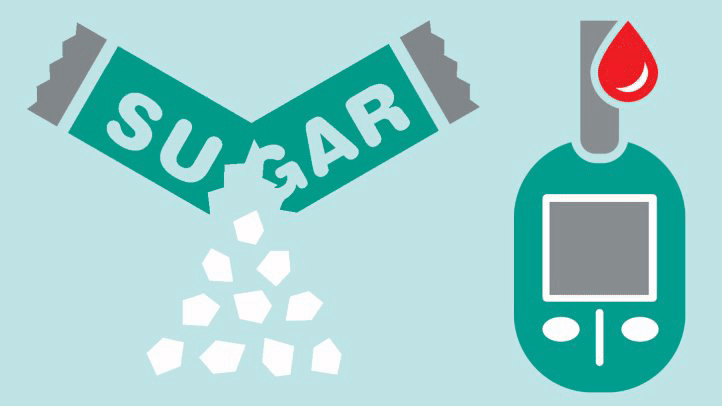
Medically known as diabetes mellitus, diabetes is a metabolic disease that causes the level of blood sugar to be high. Normally, a hormone called insulin is responsible for moving the sugar from the blood into our cells for storage or to be used for energy. When an individual suffers from diabetes, their body either can’t use the insulin effectively or it doesn’t produce enough insulin.
There are a few types of diabetes:
• Type 1: An autoimmune disease, the cells in the pancreas are destroyed by the body’s immune system.
• Type 2: In this type, the body becomes resistant to insulin and causes a buildup of sugar in the blood.
• Gestational Diabetes: When a woman experiences high blood sugar during pregnancy, then she has gestational diabetes.
Diabetes can cause complications such as stroke, heart disease, heart attack, loss of hearing, loss of vision, foot damage, neuropathy, depression and dementia.
To avoid these complications, it is important to get regular diabetes testing done and manage the condition.
